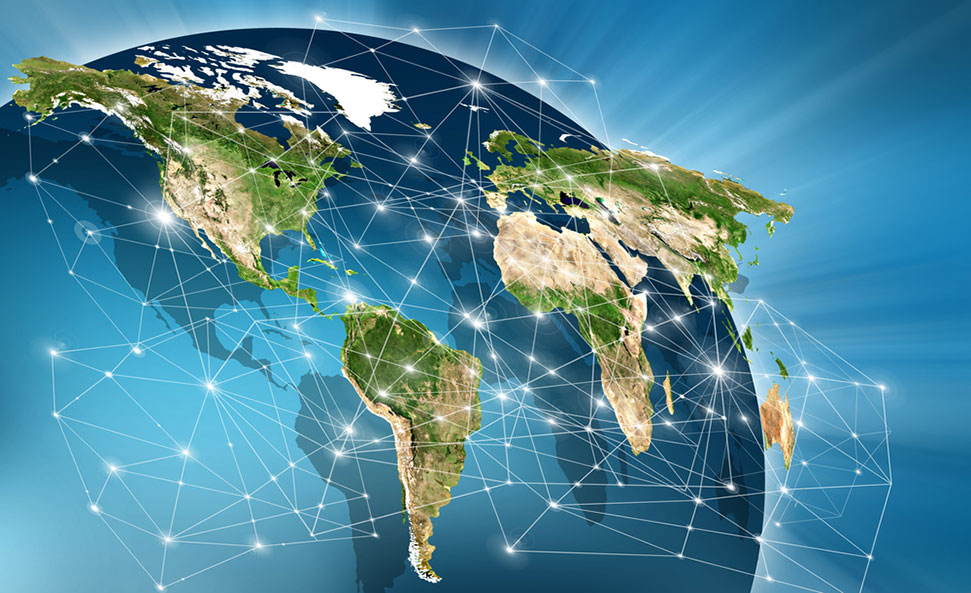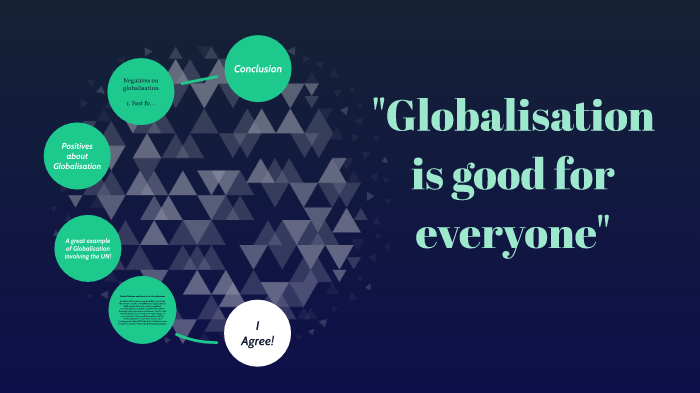Introduction:
In our increasingly interconnected world, the term “globalization” has become a buzzword, permeating various aspects of our lives. Globalization represents the ongoing process of economic, social, and cultural integration on a global scale. It has transformed the way we communicate, conduct business, and navigate through our daily lives. In this blog, we will explore the concept of globalization, its implications, and the challenges and opportunities it presents for individuals, societies, and nations.
-
The Definition and Evolution of Globalization:

Globalization is not a new phenomenon, but rather a continuous process that has accelerated in recent decades. It encompasses the exchange of goods, services, capital, and knowledge across national borders, facilitated by advancements in technology and transportation. It has led to the emergence of a global economy, transcending traditional boundaries and reshaping the dynamics of power and influence.
-
Economic Globalization:
One of the key aspects of globalization is economic integration. It has enabled the expansion of multinational corporations, the rise of global supply chains, and the liberalization of trade. As a result, countries have witnessed both opportunities and challenges. On one hand, globalization has facilitated access to new markets, increased productivity, and fostered economic growth. On the other hand, it has led to job displacement, income inequality, and vulnerability to global economic fluctuations. Understanding the complexities of economic globalization is crucial in formulating effective policies that balance economic growth and social welfare.
-
Cultural Exchange and Diversity:
Globalization has brought people from different cultures, traditions, and backgrounds closer than ever before. It has fostered cultural exchange, the spread of ideas, and the blending of diverse perspectives. Through increased migration, travel, and digital connectivity, individuals can interact with others from around the globe, contributing to a rich tapestry of cultural diversity. However, it also raises concerns about cultural homogenization, the loss of local traditions, and the erosion of cultural identities. Preserving and celebrating cultural diversity in the face of globalization is a challenge that societies must tackle.
-
Technological Advancements and Communication:

The rapid advancements in technology, particularly in the realm of communication, have played a pivotal role in driving globalization forward. The internet, social media, and mobile connectivity have revolutionized the way we connect, share information, and engage in commerce. They have empowered individuals and communities, transcending geographic limitations and facilitating access to knowledge and opportunities. However, the digital divide, privacy concerns, and the spread of misinformation pose significant challenges that need to be addressed to ensure the equitable benefits of globalization.
-
Environmental Impact and Sustainability:

Globalization has had profound consequences for the environment. The increase in global trade and consumption patterns has put significant pressure on natural resources and ecosystems. Addressing climate change, resource depletion, and pollution requires international cooperation and shared responsibility. Sustainable development and the adoption of environmentally friendly practices are essential for mitigating the negative environmental impact of globalization.
Conclusion:

Globalization has transformed our world, connecting individuals, economies, and cultures on an unprecedented scale. It has presented both opportunities and challenges, and its effects are felt in every corner of the globe. Understanding the complexities of globalization and its multifaceted impacts is crucial for shaping policies and practices that promote equitable economic growth, preserve cultural diversity, harness technological advancements, and protect the environment. By embracing the benefits of globalization while addressing its challenges, we can strive towards a more inclusive, interconnected, and sustainable world.
written by:

Aayush Bhatia
